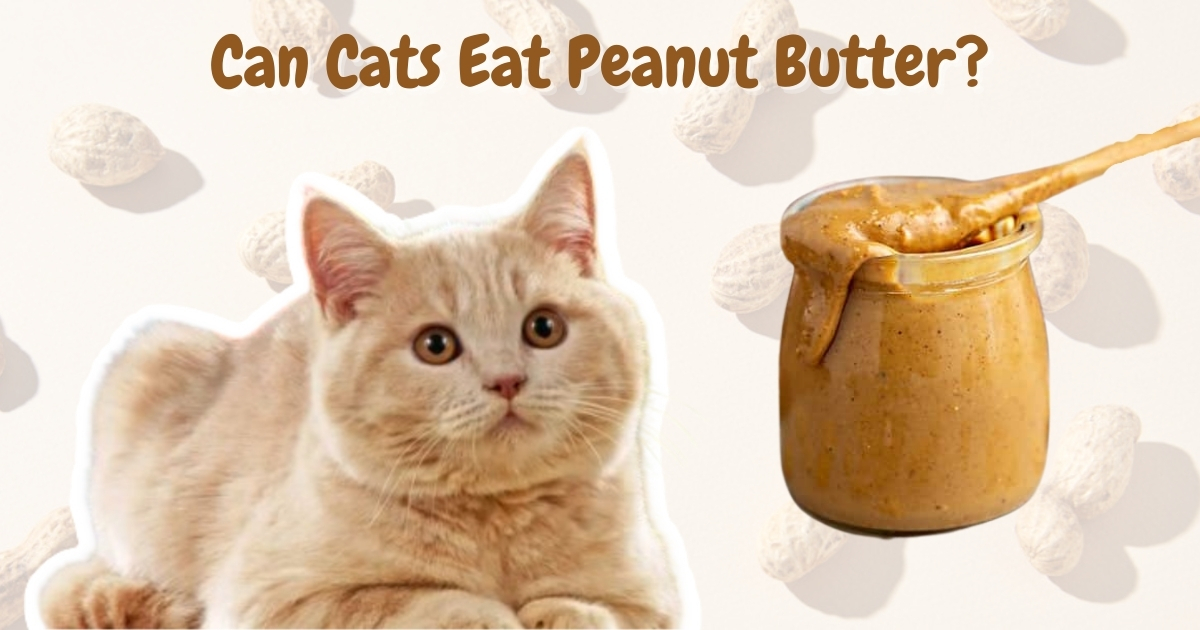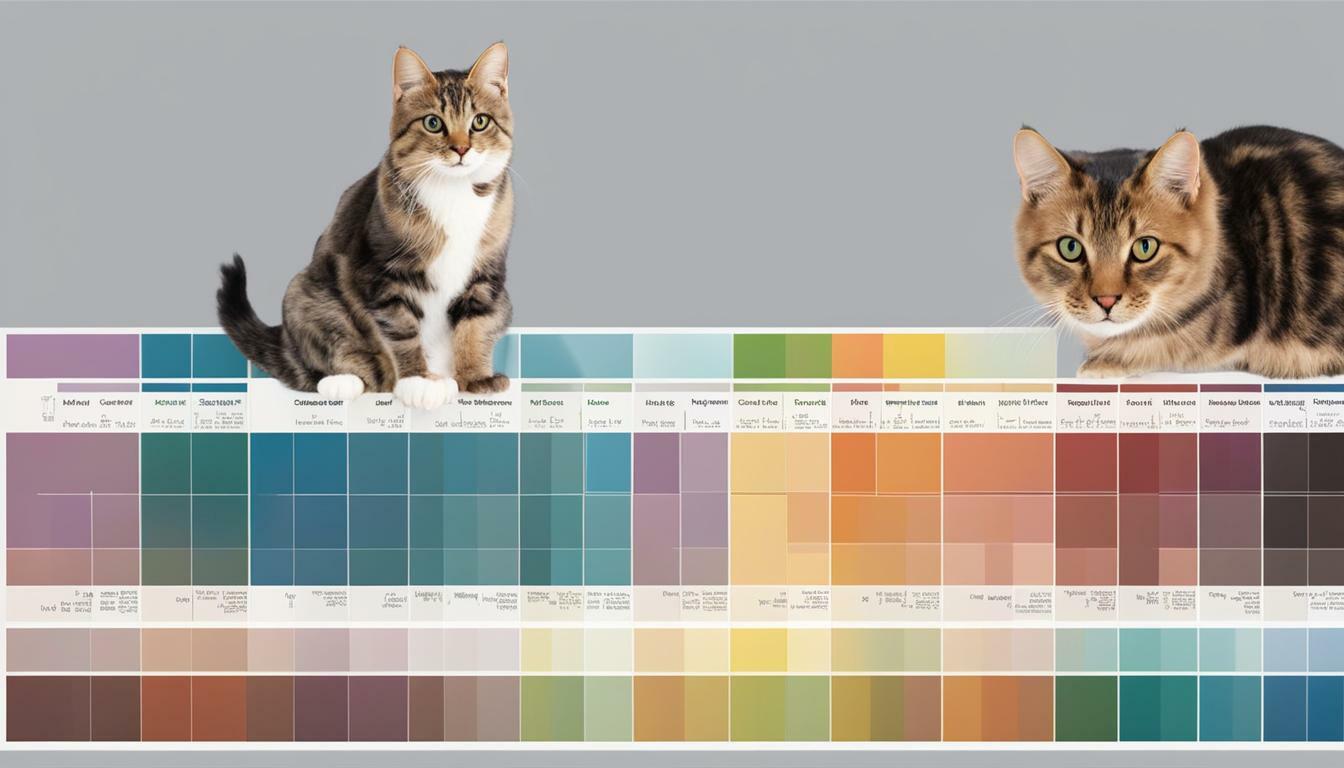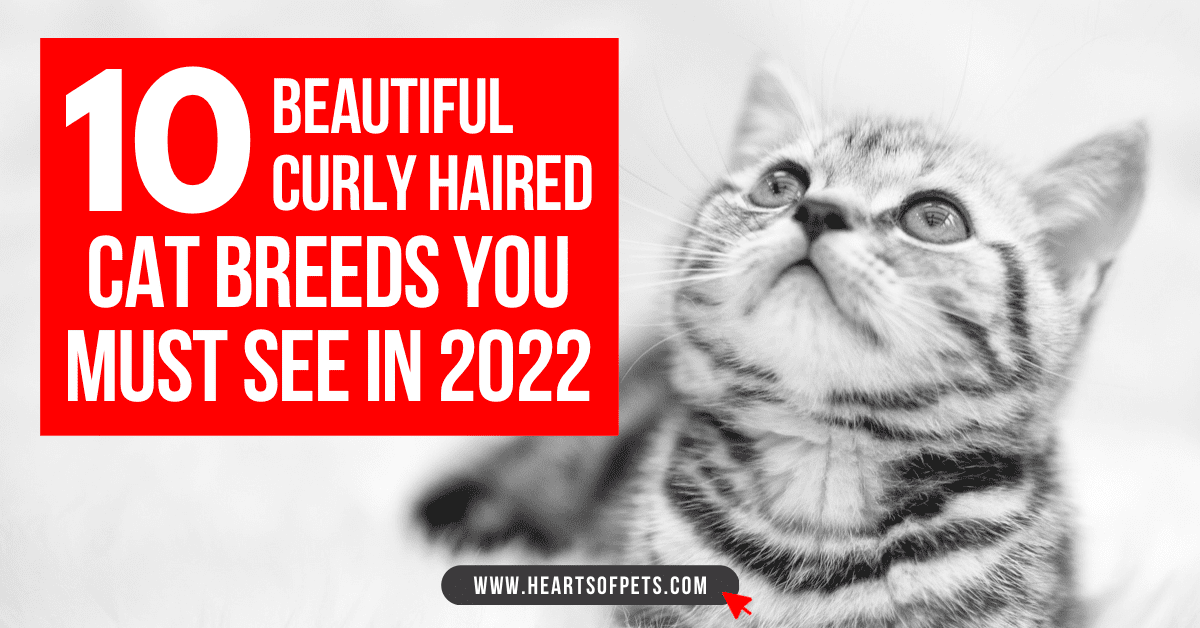As a cat owner, you may have wondered: can cats eat pumpkin and enjoy it? Good news! Cats can indeed eat pumpkin and even reap some health benefits from it. In this guide, I will provide you with all the information you need to know about feeding pumpkin to your feline companion.
Pumpkin is packed with essential nutrients like potassium, phosphorous, calcium, vitamins A, C, and K, and fiber. While cats are obligate carnivores with a diet primarily based on meat, pumpkin can still be incorporated into their meals in moderation. It can be mixed with commercial cat food to add some extra fiber, although cats may find it easier to digest nutrients from other food components. However, when adding pumpkin to their diet, it’s important to avoid pumpkin pie or canned pumpkin pie filling as they may contain spices that can upset a cat’s stomach.
Not only is it safe for cats to consume pumpkin, but it can also provide some health benefits. Pumpkin can act as a natural remedy for constipation and even help alleviate mild cases of diarrhea. The high water and fiber content in pumpkin help soften the stool and promote regular bowel movements. In addition, the fiber in pumpkin can help prevent hairballs by aiding the passage of hair through the digestive system.
Can Cats Eat Pumpkin? Yes, they definitely can.
- Cats can eat pumpkin in moderation as part of their diet.
- Make sure to use plain, cooked pumpkin or canned pureed pumpkin without additives.
- Avoid pumpkin pie and canned pumpkin pie filling, as they may upset a cat’s stomach.
- Pumpkin can help with constipation and mild cases of diarrhea in cats.
- Add small amounts of pumpkin to their food and introduce it slowly.
Is Pumpkin Good for Cats?
Pumpkin is generally considered safe for cats to consume. It can be beneficial for their digestive health due to its fiber content and can provide essential nutrients.
However, it’s important to note that cats are obligate carnivores, which means their diet should primarily consist of meat. While pumpkin is often added to commercial cat foods for its fiber content, it’s crucial to ensure that cats are still receiving a balanced diet that meets their nutritional needs.
Feeding pumpkin to cats can be a helpful way to introduce additional fiber into their diet, aiding in maintaining healthy digestion. The fiber in pumpkin can assist in preventing constipation and promoting regular bowel movements. Additionally, pumpkin contains nutrients such as potassium, which contribute to a cat’s overall well-being.
However, it’s essential to feed pumpkin to cats in moderation and consult with a veterinarian to determine the appropriate amount. While pumpkin can be a valuable addition to a cat’s diet, it should not replace their regular meals.
When incorporating pumpkin into a cat’s diet, it’s recommended to use cooked, plain pumpkin or canned pureed pumpkin without any additives. This ensures that the pumpkin is safe for consumption and avoids potential harmful ingredients that may be found in pumpkin pie or canned pumpkin pie filling.
Remember to introduce pumpkin slowly into a cat’s diet and monitor their response. If any adverse reactions occur, such as vomiting or diarrhea, discontinue feeding pumpkin and consult with a veterinary professional.
Overall, pumpkin can be a safe and beneficial addition to a cat’s diet when fed appropriately. It is an excellent source of fiber and essential nutrients. However, it’s crucial to prioritize a cat’s carnivorous nature and ensure that their diet includes a sufficient amount of meat to meet their nutritional requirements.
Can Cats Eat Pumpkin Seeds?
When it comes to pumpkin seeds, cats can safely consume them, but it’s essential to exercise caution. While pumpkin seeds are not toxic to cats, they can pose a choking hazard if consumed in large quantities. To ensure your furry friend’s safety, it’s best to feed pumpkin seeds to cats in small amounts and without any salt, spices, or oil.
To further minimize the risk of choking, consider mashing or crushing the seeds before feeding them to your cat. This precautionary measure helps prevent any potential mishaps and ensures your cat’s safety during snack time. A safe and enjoyable way to offer pumpkin seeds to your feline companion is by sprinkling them on top of their canned cat food as a special treat.
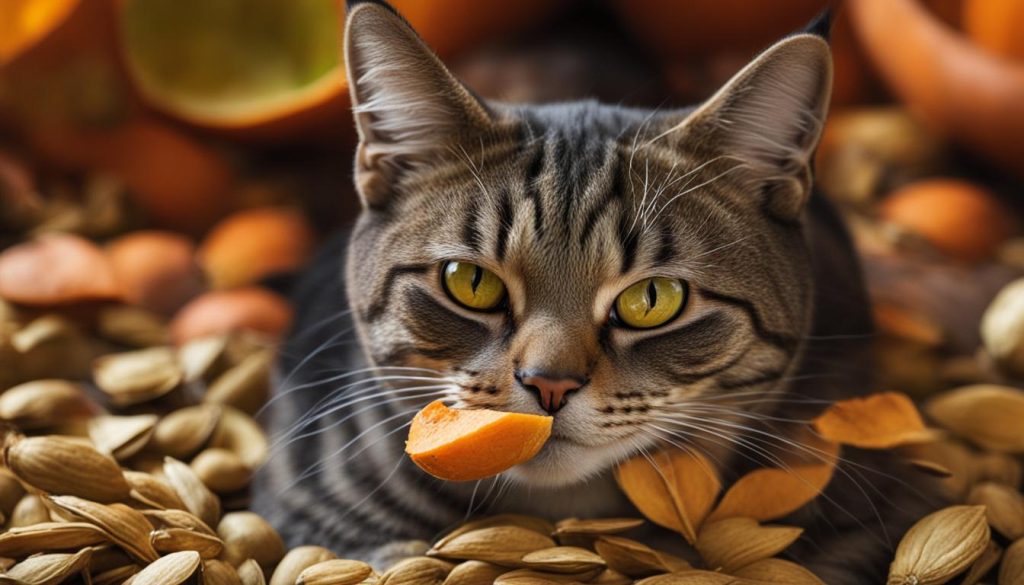
Is Pumpkin Good for Constipated Cats?
Constipation can be a common problem for cats, and it’s important to find safe and effective solutions to provide relief. Fortunately, pumpkin can be beneficial for cats with constipation, thanks to its high water and fiber content.
When cats are constipated, their stool becomes hard and dry, making it difficult to pass. The fiber in pumpkin can help soften the stool and promote regular bowel movements, providing relief to your furry companion.
Adding 2-4 teaspoons of canned pumpkin to their regular canned cat food is often recommended for mild cases of constipation. The moisture and fiber in pumpkin can help lubricate the intestines and ease the passage of stool. It’s important to note that canned cat food is preferred for constipated cats as it provides additional hydration, which is crucial for promoting regular bowel movements.
To ensure the best results, it’s advisable to consult your veterinarian before introducing pumpkin to your cat’s diet, especially if they have any underlying health conditions or are on medication. Your veterinarian can provide guidance on the appropriate amount of pumpkin to give depending on your cat’s specific needs.
Remember, introducing pumpkin slowly is key to prevent digestive upset in cats. Start with smaller amounts and gradually increase as tolerated. By incorporating pumpkin into your cat’s diet under veterinary guidance, you can use the natural laxative properties of pumpkin to help alleviate constipation and promote their overall digestive health.
Is Pumpkin Good for Cats With Diarrhea?
Pumpkin can also be helpful for cats with diarrhea. Its fiber content can add bulk to the stool, which helps to relieve loose stools. However, it is important to consult a veterinarian before giving pumpkin to a cat with diarrhea, as there may be an underlying medical cause that needs to be addressed.
The recommended amount of canned pumpkin for cats with diarrhea is usually 1-4 teaspoons, depending on the severity of symptoms and the cat’s age and weight.
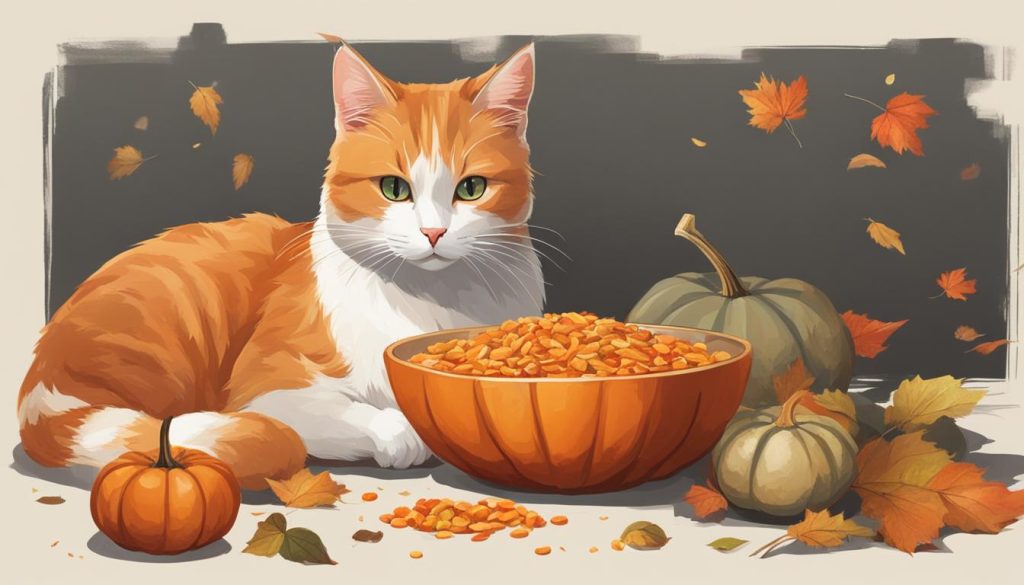
How to Feed Your Cat Pumpkin Safely
When it comes to feeding pumpkin to your cat, it’s crucial to prioritize their safety. To ensure the best option, opt for cooked, plain pumpkin or canned pureed pumpkin with no additives. Not only is it safe, but it also provides the necessary nutrients for your furry friend.
You can incorporate pumpkin into your cat’s diet by adding it to their regular cat food, especially wet food, or by offering it separately as a special treat. To start, mix two to three tablespoons of pumpkin with a small amount of canned cat food. This gradual introduction will allow your cat to adjust to the new flavor and texture while reaping the benefits of this nutritious addition.
Introducing pumpkin into your cat’s diet slowly is key, particularly if your cat has gastrointestinal issues. Consulting with your veterinarian will provide valuable guidance, ensuring that pumpkin is introduced safely and effectively.
Incorporating pumpkin into your cat’s diet can have numerous benefits, but it’s important to feed it in moderation and according to your cat’s specific needs.
Benefits of Pumpkin for Cats
Pumpkin offers several benefits for cats. It can help promote digestive health by relieving constipation and alleviating mild cases of diarrhea. The high water and fiber content in pumpkin add bulk to the intestines, softening the stool and promoting regular bowel movements. Additionally, pumpkin’s fiber can aid in preventing hairballs by facilitating the passage of hair through the digestive system.
Moreover, pumpkin is rich in essential nutrients that support overall feline health. It contains essential fatty acids, antioxidants, vitamin A, beta-carotene, potassium, and iron. These nutrients contribute to a healthy immune system, promote healthy skin and coat, and may even lower the risk of certain health conditions, including cancer.
To enjoy the benefits of pumpkin, it is important to introduce it gradually and under the guidance of a veterinarian, especially for cats with gastrointestinal issues. When incorporating pumpkin into their diet, opt for cooked plain pumpkin or canned pureed pumpkin with no additives. It can be mixed into their regular food or offered separately as a treat. Remember, though pumpkin can provide various advantages for cats, it should be fed sparingly as cats are obligate carnivores, and their diet should primarily consist of meat.
Conclusion
Incorporating pumpkin into a cat’s diet can have numerous benefits for their digestive health. Pumpkin is rich in essential nutrients, including vitamins and minerals, that can support overall wellbeing in cats. However, it is crucial to remember that cats are obligate carnivores, and their diet should primarily consist of meat.
When feeding pumpkin to cats, it should be done sparingly and under veterinary guidance, especially for cats with gastrointestinal issues. Pumpkin can offer relief from constipation and mild cases of diarrhea due to its fiber content. Additionally, it may help prevent hairballs and lower the risk of certain health conditions, such as cancer, due to its nutritional composition.
To safely introduce pumpkin to a cat’s diet, it is recommended to use cooked, plain pumpkin or canned pureed pumpkin without any additives. It can be added to their regular cat food, preferably wet food, or offered separately. Start with small amounts and gradually increase to assess how the cat’s digestive system responds.
By following these guidelines, pumpkin can be a valuable addition to a cat’s diet, promoting digestive health and providing essential nutrients. However, it is always best to consult with a veterinarian to ensure the cat’s unique dietary needs are met.
FAQ
Can cats eat pumpkin?
Yes, pumpkin is generally considered safe for cats to consume.
Is pumpkin good for cats?
Pumpkin can be beneficial for cats, particularly for their digestive health due to its fiber content and essential nutrients.
Can cats eat pumpkin seeds?
Yes, cats can eat pumpkin seeds, but they should be fed in small quantities without any salt, spices, or oil. Mashing or crushing the seeds is recommended to prevent choking.
Is pumpkin good for constipated cats?
Yes, pumpkin can be an effective natural laxative for constipated cats due to its high water and fiber content. Adding a small amount of canned pumpkin to their food can help soften the stool and promote regular bowel movements.
Is pumpkin good for cats with diarrhea?
Yes, pumpkin can help alleviate mild cases of diarrhea in cats by absorbing excess water in the bowels and adding bulk to the stool. However, it is essential to consult a veterinarian before giving pumpkin to a cat with diarrhea.
How to feed your cat pumpkin safely?
It is recommended to use cooked, plain pumpkin or canned pureed pumpkin with no additives. Pumpkin can be added to cat food, particularly wet food, or offered separately in small amounts. It should be introduced slowly and under veterinary guidance, especially for cats with gastrointestinal issues.
What are the benefits of pumpkin for cats?
Pumpkin offers several benefits for cats, including aiding digestion, preventing constipation and hairballs, and providing essential nutrients such as fiber, vitamin A, beta-carotene, potassium, and iron. It can also support overall health and potentially lower the risk of certain health conditions.
Can cats eat pumpkin pie or canned pumpkin pie filling?
No, it is best to avoid feeding cats pumpkin pie or canned pumpkin pie filling as they often contain spices that can cause gastrointestinal upset in cats. Stick to cooked, plain pumpkin or canned pureed pumpkin without any additives.

